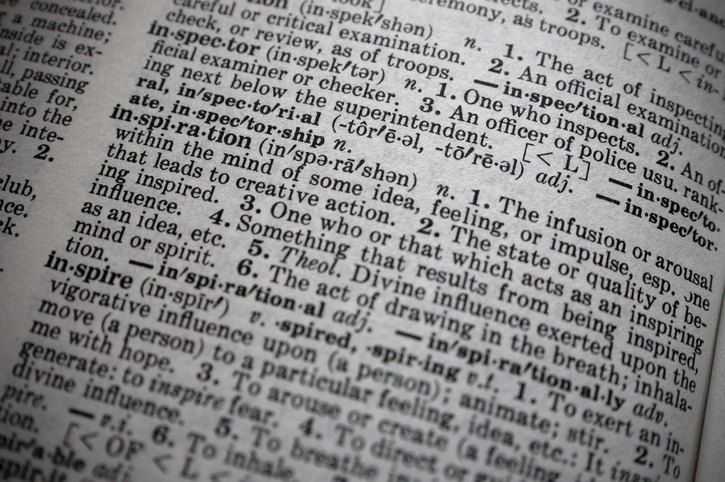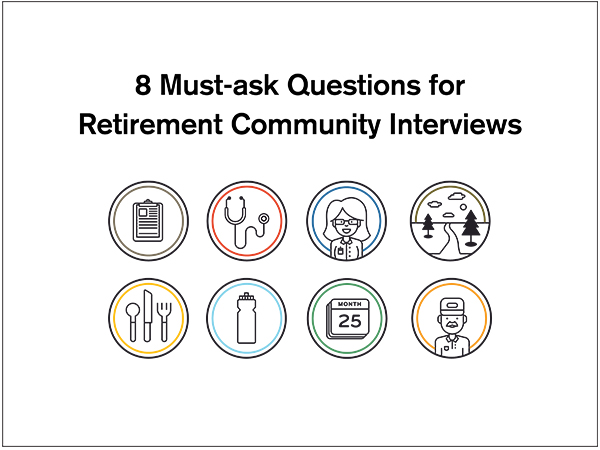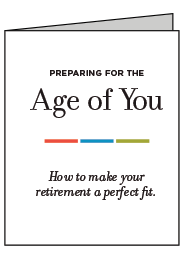If there is any justice in the pattern of time, the Supreme Court of Conversation will probably rule in favor of grandchildren. Sometime in the distant future (I used to think), my then-adult granddaughters will be enjoying a reunion and be laughing hilariously at the words and phrases that once marked my speech.
“Remember how cool Grandmother thought she was when she got her first computer?” one will ask. And another will answer, “Right! She was always about to reboot.”
“I had a vision of her struggling into her galoshes and kicking that enormous tower,” chimes another grandgirl. “What I liked was when she boasted about going in line like she was amazing on roller skates.”
“She meant on-line, like people used to do back then, when they wanted to communicate with each other,” one of the twins will explain.
“Grandmother always thought she was on the cutting edge of technology, but it was Granddad who knew all the inner workings and jargon,” the only grandson will comment.
I bring up this imaginary future conversation because, in a recent phone visit with my sister, we suddenly found ourselves laughing about our own grandmother, who, long ago in Baltimore, gave us many good laughs with her vocabularic gaffes. My Irish grandmother regularly declared herself to be suffering from catarrh, which was apparently an Irish form of bronchitis. My sister, Carolyn, and I envisioned the reserved grandmother we knew plunking away on a guitar singing about the Rose of Tralee. She whispered to my mother and my aunts about female complaints, which we reasoned were arguments she had with some regularity with her husband, my revered grandfather. She complained of “wartime flour” when her baking efforts failed. This stymied Carolyn and me, because we were obviously living in the mid-thirties, when our country was at peace.
Our favorite Grandmother-Welsh-speak involved my Uncle John’s Chevrolet sedan, which she always referred to as John’s machine. Carolyn and I imagined our bachelor uncle was in the attic working on science fiction experiments, when he was actually up there under the eaves making home-made wine during Prohibition. We would dissolve into rude bursts of laughter every time Grandmother Welsh would say, “Oh, yes, John always takes me to church in his machine.”
I suppose that each generation has its own peculiar code words that are inexplicable to the young. There is a word for a writer’s use of language that is outside the time frame of the narrative. This dysfunction marks the author as not being a responsible researcher and leaves her open to derision. I don’t remember the literary term right now. Maybe I’ll Skype my granddaughter and ask her.




